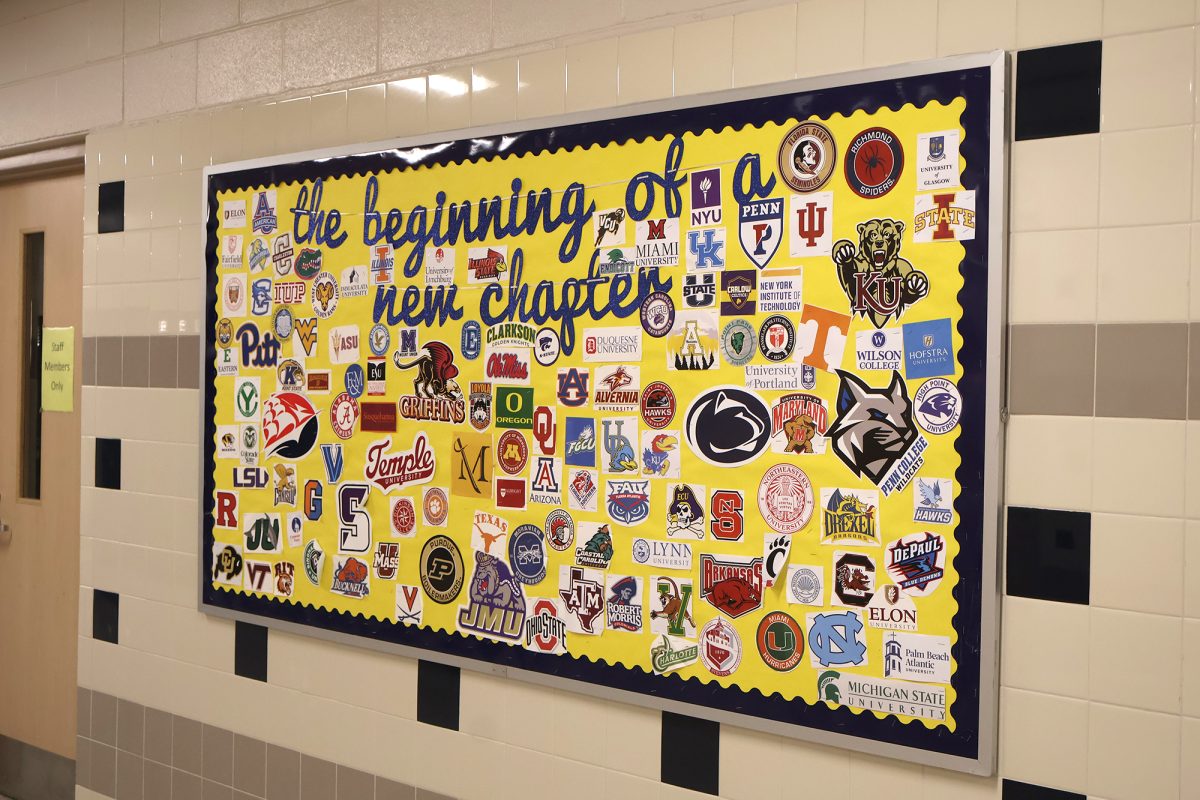Do you know how to write a check? Open a savings account? Create a budget? According to a study done by the SPARK Institute, “When asked to do a self-assessment of their financial know-how, just 18 percent of high schoolers and 26 percent of college students said they have a “somewhat high” or “very high” knowledge of finance.”
For the past decade or so, there has been an increased push for children to receive more financial literacy learning in schools. In today’s ever-changing and developing economy, it is more important than ever for young adults to understand how they spend money, where to save, and so much more.
Pennsylvania has taken this narrative seriously. With the passage of Senate Bill 843, in December 2023, the state’s education department now requires a personal finance credit to be taken by all students as a graduation requirement starting in the 2026-2027 school year.
Pennsylvania was neither early nor late to this trend, being the 25th state to enact a law of this kind. Now, 35 states have some kind of requirement regarding personal finance classes in schools. Personal finance courses generally teach students real-world lessons about earning income, spending and savings, credit and credit scores, investing, and managing risk, among other topics.
Roughly 42.7 million Americans have outstanding federal student loan debt — that’s about 12.5 percent of the U.S. population. This number is only set to increase, so teaching students about financial literacy in high school can help them make more informed financial decisions about loans. Having 17-and 18-year-olds sign loans for tens of thousands of dollars is a decision larger than many realize. Taking out these large loans is beginning to seem like the “norm” for high school students, and personal finance classes can teach students about the severity and lifelong implications of these decisions.
The decision to adopt state-mandated finance classes is generally seen as a good one. Though some may worry that this takes away money from programs such as the arts, it is still widely accepted that personal finance is a crucial skill students must learn. Understanding and having a grasp on financial literacy allows students to understand the value of money and make informed choices about their future.
Though some students at Spring-Ford already take a personal finance class, numbers are nowhere near the looming 100 percent required. The fall 2026 implementation means students as early as the class of 2027 – current sophomores – will be required to have a personal finance credit. At Spring-Ford, specifically, the required class will likely be offered as a minor since the required state level credit for each school to achieve is .5.
In all honesty, it is likely that Spring-Ford will have to expand their personal finance programs and staff in order to make sure every student has a chance to get the required credit.
The addition of a personal finance credit to the school-wide and statewide curriculum in Pennsylvania will hopefully help to increase financial literacy among young adults so that they can be more prepared for their ever changing future.






